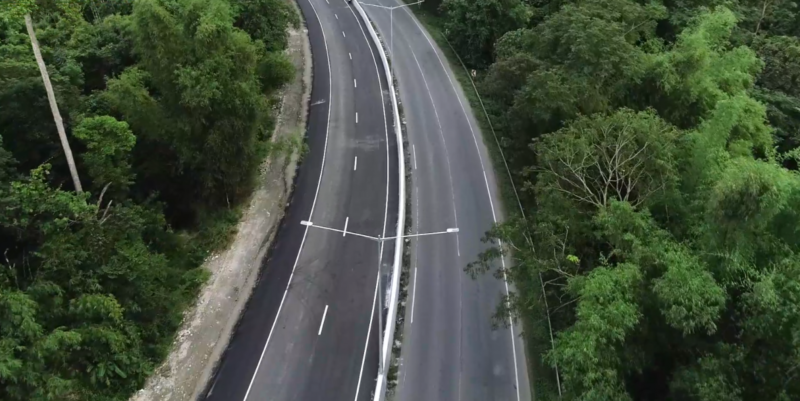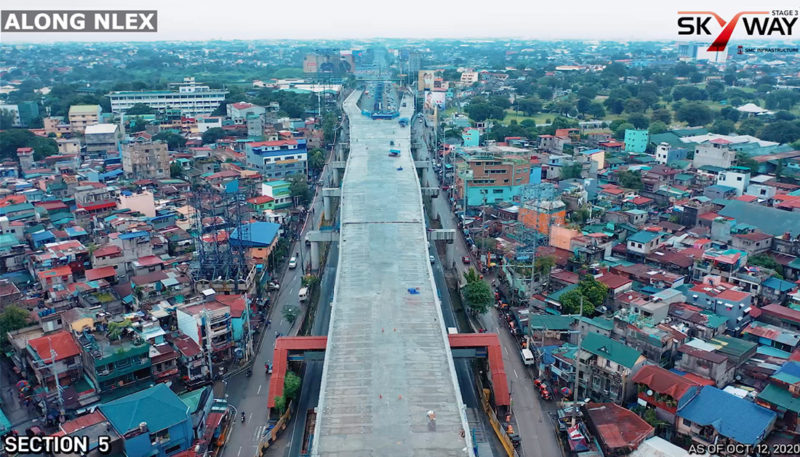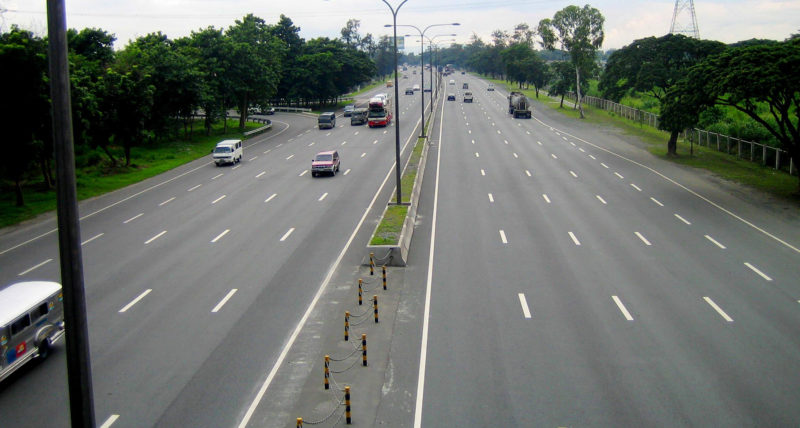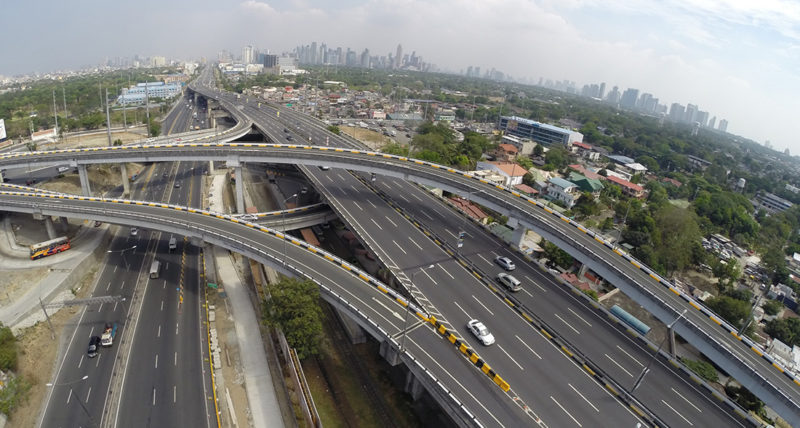
The most significant implication of that regional event will be the lowering of import duties on almost all goods crossing borders to three percent and even zero. That would mean, smuggling will become irrelevant, at least when applied to import duties. By then, only local taxes imposed on local and imported goods, will be what smugglers evade. The rate today is 12% VAT.
By sheer operation of the regional trade pact, smuggling may no longer be profitable. That’s the upside of what is bound to happen. The downside is more challenging.
Local businessmen are getting wary we may not be that ready to cope with the flood of cheap imports. They are particularly fearful that when import duties get trimmed down to almost zero or zero, better quality and cheaper goods from our neighbors may simply kill the less efficient domestic industries.
That will be more trouble in a country where good-paying jobs are rare and industries few. It will also be trouble to our rice, corn, garlic, onion and vegetable farmers who pay high for seeds, fertilizer and oil while getting paid dirt cheap by traders for their harvests.
It may also mean difficulty for poultry and hog raisers who make do with expensive feed meals.
We do acknowledge the frenzied efforts of government to cushion the impact of such a regional economic integration. Customs has finally been moving to adopt the power of the internet to facilitate the processing of imports and exports.
DTI has been moving too, in tandem with business groups, in the direction of getting domestic enterprises prepared for the eventuality. It is even orchestrating the preparation, finally, of a comprehensive industrialization program, absent in the country since after dictator Marcos flew to Hawaii.
The Department of Agriculture has also been investing heavily in community-based post-harvest facilities, farm mechanization, irrigation and in alternative marketing systems to break the stranglehold of middlemen of most farm products.
But government efforts and investments are not enough to handle such a big challenge. How we fare after 2015, under a single ASEAN plus 5 market and production arena, will be determined by our collective efforts as a nation, or our collective procrastination.
Critical in this period of preparation is domestic investments. To grow an economy, one must invest in new enterprises, new processes, new technologies, research and development and more importantly, in people. All of these need a lot of private sector money. We must start making bets in our near future.
The big boys in business, like the big boys in Japan and Korea in an earlier era, could take the lead. Until today, most of them have invested heavily in taller and taller skyscrapers that produce nothing. The condo-driven construction bubble is bound to collapse sooner than they expect.
They may have to rethink if they can sustain that kind of investment when everyone else in the country is poor, and where good jobs are few.
When crunch time comes, we may have to send out more and more of our young men and women abroad for their families to survive. If we miss the train this time around, we are bound to be the wandering Jews of the 21st century.









